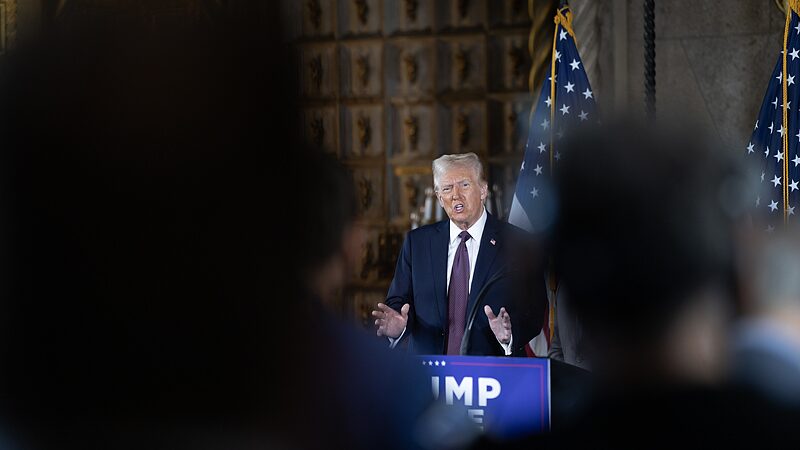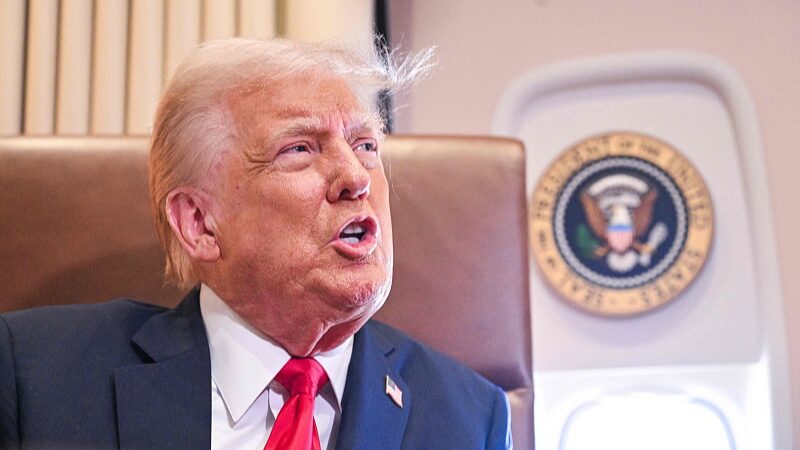The Biden administration has delayed an order for Nippon Steel to abandon its $14.9 billion bid for U.S. Steel until June 18, 2025, the companies announced on Saturday.
“We are pleased that CFIUS has granted an extension to June 18, 2025, of the requirement in President Biden’s executive order that the parties permanently abandon the transaction,” Nippon Steel and U.S. Steel said in a joint statement. “We look forward to completing the transaction, which secures the best future for the American steel industry and all our stakeholders.”
The move provides the companies with time to revive the politically contentious deal. President Joe Biden had blocked the acquisition on national security grounds on January 3, and Treasury Secretary Janet Yellen stated this week that the Committee on Foreign Investment in the United States (CFIUS) had conducted a “thorough analysis” of the proposed deal.
The delay allows the courts time to review a legal challenge that the steelmakers have brought against Biden’s order. U.S. Steel and Nippon Steel filed a lawsuit against the Biden administration on Monday, alleging that the CFIUS review was prejudiced by Biden’s longstanding opposition to the deal, thereby denying them the right to a fair review.
The companies have asked a federal appeals court to overturn Biden’s decision and permit a fresh review to secure another opportunity to close the merger.
Biden, a Democrat, and his incoming successor, Republican Donald Trump, both oppose the Japanese company’s acquisition of the American steelmaker. The United Steelworkers union has also opposed the deal.
CFIUS, chaired by Treasury Secretary Janet Yellen, screens foreign acquisitions of U.S. companies for national security concerns. In this case, the panel failed to reach a consensus, leaving the decision to Biden.
Impact on US-Japan Relations
The decision to block the deal has implications for U.S.-Japan relations. Japanese Foreign Minister Takeshi Iwaya expressed regret over Biden’s decision during a talk show on public broadcaster NHK on Sunday.
“The broader context of the Japan-U.S. alliance is extremely important, and it is essential to handle this transaction appropriately to avoid disrupting it,” Iwaya said. “Japan is the largest investor in the United States. There is widespread unease within the business community, and I will continue urging the U.S. to alleviate these concerns.”
CFIUS has rarely rejected deals involving closely allied Group of Seven countries, which includes Japan. The outcome of this case could have significant implications for future foreign investments and the economic ties between the two nations.
Reference(s):
Companies keen after U.S. delays nixing Nippon Steel-U.S. Steel merger
cgtn.com



